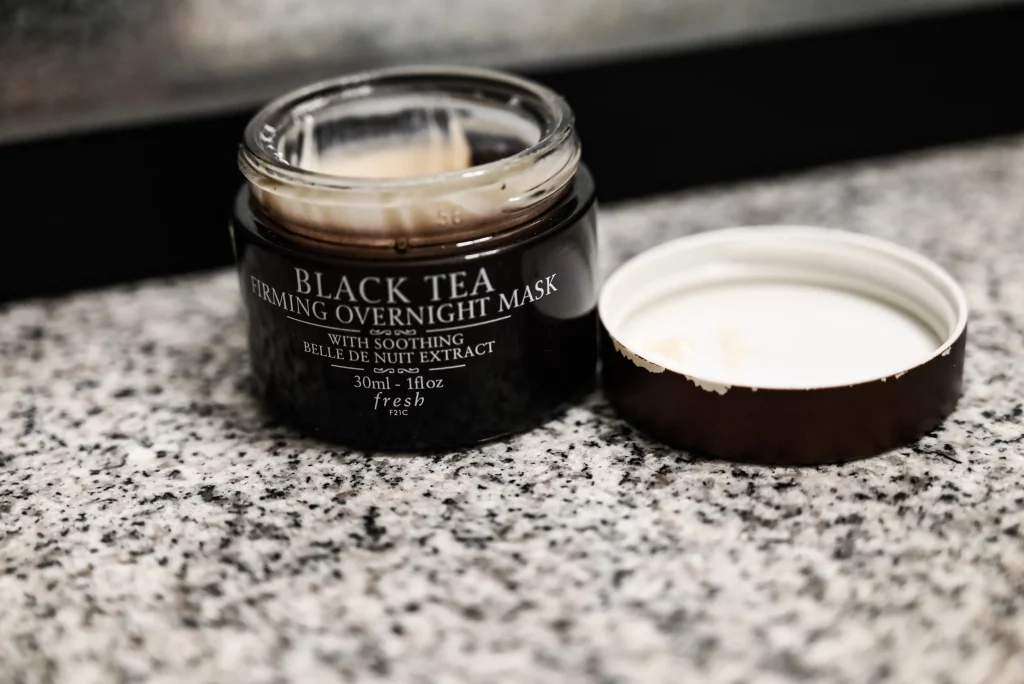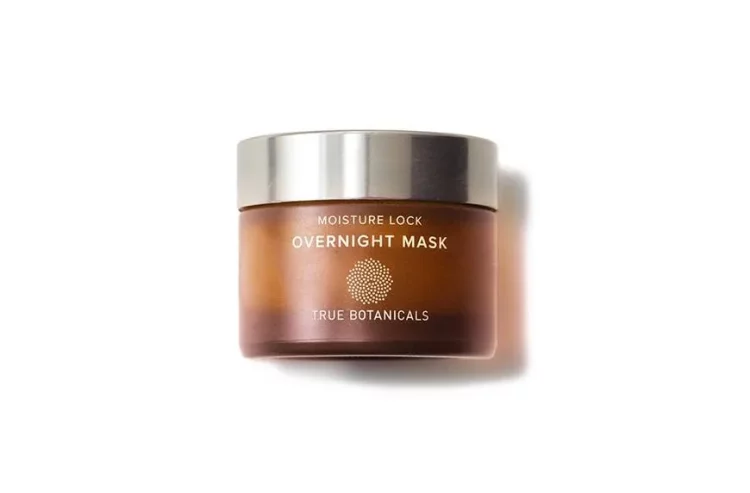Sleep is often called the ultimate beauty secret—and for good reason. Beyond rest and mental recovery, sleep plays a pivotal role in skin regeneration, cellular repair, and overall appearance. Modern skincare science increasingly focuses on leveraging the body’s natural circadian rhythms, designing actives and overnight treatments that work in harmony with nocturnal biological processes. This article explores the intersection of sleep and skin health, the mechanisms behind nighttime regeneration, and practical strategies to maximize the beauty benefits of rest.
1. The Science of Sleep and Skin Health
Skin is not a passive organ during the night; it engages in active repair and renewal processes while the body rests. Key physiological events include:
- Cellular Repair: Fibroblasts, which produce collagen and elastin, are more active during deep sleep stages, supporting firmness and elasticity.
- Barrier Restoration: The stratum corneum, the outermost layer of the skin, regains moisture and strengthens its protective function.
- Detoxification: Lymphatic drainage and interstitial fluid exchange accelerate at night, aiding in the removal of metabolic waste.
- Hormonal Influence: Growth hormone and melatonin surge during sleep, supporting tissue repair and reducing oxidative stress.
These processes are crucial for maintaining youthful, resilient skin and minimizing premature aging.
2. Circadian Rhythms: Timing Matters
The skin has its own circadian clock, which governs the timing of repair, hydration, and sensitivity. Understanding this rhythm allows for targeted interventions:
- Daytime: Skin prioritizes barrier protection and defense against UV damage and environmental toxins.
- Nighttime: Regeneration peaks; DNA repair, collagen synthesis, and antioxidant activity are maximized.
By aligning skincare routines with these cycles, products can be more effective. For instance, actives that stimulate collagen or accelerate cellular turnover perform best during the night.
3. Circadian-Active Ingredients
Modern skincare formulations increasingly incorporate ingredients that synergize with nighttime biology:
- Retinoids: Promote cell turnover and collagen production, aligning with peak nocturnal repair.
- Peptides: Support structural proteins like collagen and elastin, enhancing skin resilience.
- Niacinamide: Improves barrier function and reduces inflammation, complementing overnight restorative processes.
- Antioxidants: Vitamin C derivatives, resveratrol, and coenzyme Q10 help neutralize free radicals generated during metabolic activity.
Timing the application of these ingredients is critical—nighttime delivery ensures they coincide with the skin’s natural repair mechanisms.
4. Overnight Masks and Treatments
Overnight masks and leave-on treatments capitalize on prolonged contact with the skin, maximizing absorption and efficacy:
- Hydration Masks: Rich in humectants like hyaluronic acid and glycerin, these maintain moisture and facilitate repair.
- Barrier-Strengthening Masks: Containing ceramides and fatty acids, they reinforce skin integrity overnight.
- Repair-Focused Serums: Formulations with peptides, growth factors, or stem-cell derivatives actively support tissue regeneration.
The extended application period at night ensures consistent ingredient delivery while minimizing interference from environmental stressors.
5. Melatonin Skincare: The Hormonal Connection
Melatonin, known primarily for regulating sleep cycles, has unique dermatological benefits:
- Antioxidant Action: Melatonin neutralizes free radicals generated during cellular metabolism, reducing oxidative stress and aging signs.
- DNA Repair Support: Enhances repair enzymes that correct UV- and pollution-induced damage.
- Anti-Inflammatory Effects: Reduces nighttime inflammation, helping prevent redness, irritation, and breakouts.
Topical melatonin is increasingly incorporated into night creams and masks to augment endogenous skin repair mechanisms.
6. Lifestyle Factors Amplifying Nighttime Regeneration
Sleep quality and duration profoundly influence skin health. Factors that can enhance nighttime repair include:
- Consistent Sleep Schedule: Aligning bedtime with the body’s circadian rhythm optimizes hormonal peaks and repair windows.
- Sleep Environment: Dark, cool, and quiet bedrooms support deep sleep stages critical for regeneration.
- Nutrition and Hydration: Adequate protein, antioxidants, and water intake provide the building blocks for tissue repair.
- Stress Reduction: Cortisol spikes from stress can impair collagen synthesis; mindfulness and relaxation improve skin outcomes.
Integrating these lifestyle strategies magnifies the benefits of circadian-aligned skincare routines.

7. Targeted Nighttime Skincare Protocol
A science-based nightly routine leverages both topical interventions and lifestyle practices:
- Cleanse Gently: Remove impurities and residual sunscreen without stripping moisture.
- Apply Actives: Use retinoids, peptides, or antioxidant serums tailored to skin needs.
- Moisturize: Seal hydration and active ingredients with a lightweight cream or gel.
- Optional Overnight Mask: Apply 1–2 times per week for intense barrier support.
- Prioritize Sleep Hygiene: Ensure 7–9 hours of quality sleep for optimal repair cycles.
Consistency and timing are key—these steps maximize the regenerative potential of nighttime skincare.
8. Special Considerations
Certain populations benefit particularly from circadian-aligned interventions:
- Aging Skin: Increased sensitivity and slower repair require nutrient-rich, gentle formulations.
- Acne-Prone Skin: Nighttime routines can integrate retinoids and anti-inflammatory actives without UV degradation risk.
- Sensitive Skin: Barrier-supporting serums and low-irritation masks prevent exacerbation of reactive skin during repair cycles.
Tailoring approaches ensures safe, effective, and personalized skin regeneration.
9. Future Directions in Nighttime Beauty Science
Emerging research and technology promise to further enhance nocturnal skincare:
- Chrono-Cosmetics: Formulations designed explicitly for circadian timing.
- Smart Skincare Devices: Track skin metrics overnight, optimizing product release and hydration.
- Neurocosmetic Integration: Leveraging sleep-promoting aromatherapy and actives to synchronize systemic and skin repair.
The convergence of chronobiology, material science, and biotechnology signals a new era of personalized, sleep-aligned beauty strategies.
10. Conclusion: Harnessing the Night for Radiant Skin
Sleep is not merely a passive state—it is a window of opportunity for skin regeneration, repair, and rejuvenation. By understanding circadian biology, incorporating targeted actives, leveraging overnight masks, and embracing melatonin-infused skincare, individuals can transform their nightly rest into a powerful beauty intervention. Quality sleep, paired with scientifically-informed routines, may be the ultimate key to radiant, resilient skin.












































